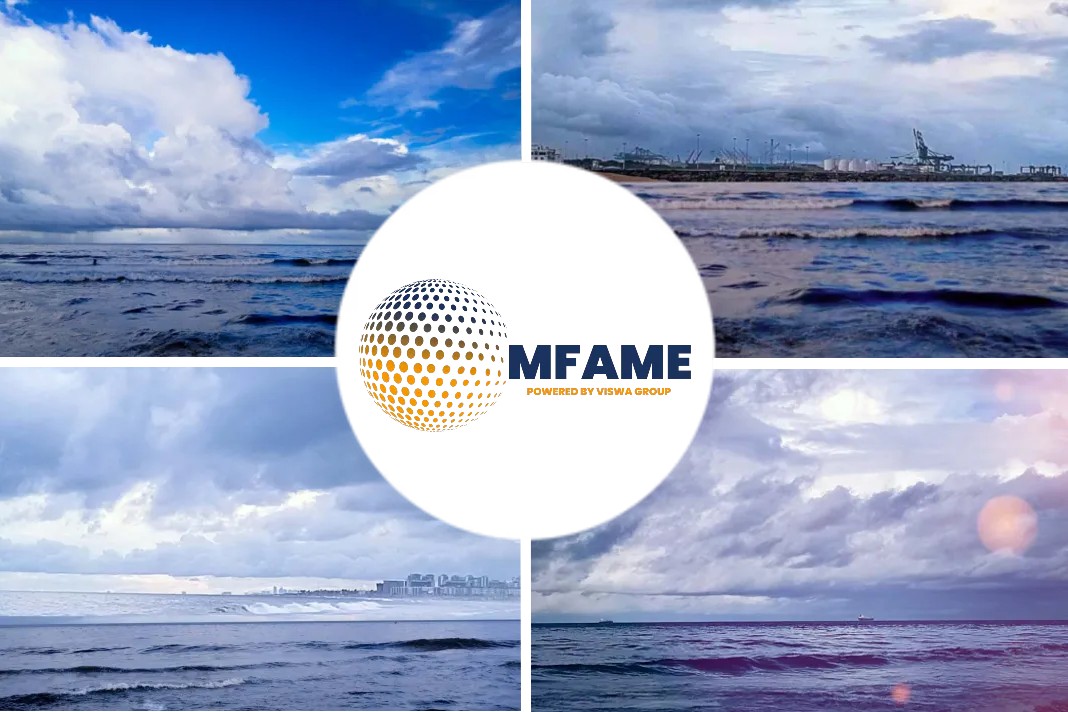A report issued by the International Transport Forum which studies the Impact of Alliances on Container Shipping has come under fire from the World Shipping Council (WSC).
WSC accused ITF, an amalgamation of 59 countries under the auspices of the Organisation for Economic Co-operation and Development (OECD), of naivety. The council is still reviewing the 127 page paper, reports the Handy Shipping Guide.
What does the report say?
This response is hardly unsurprising, in its conclusions the report recommends that the European Commission should carefully consider allowing the EU Consortia Block Exemption Regulation to expire in April 2020. This regulation governs the antitrust and anti-competitive legislation as it applies to some shipping consortia.
Reason for WSC’s Accusation
The WSC states that, whilst the paper pairs an extensive discussion of the east-west alliances, concentrating almost exclusively on the three largest global agreements between box carriers operating today (2M, Ocean and THE Alliance) it is ‘most puzzling’ as to why the report links to a change in European legislation, which it says demonstrates a fundamental misunderstanding of how the consortia block exemption works.
Specifically, because of various aspects of the major alliances, they are subject to self-assessment by their members to ensure competition law compliance; the EU block exemption simply does not apply to these arrangements in most cases. The WSC opines that the paper essentially ignores the numerous vessel sharing arrangements (VSAs) that are not part of alliances and that provide regular, often unique, services to shippers.
It is these VSAs for which the EU block exemption regulation provides increased legal certainty, reduced compliance costs, and greater ability to respond to market demands. The fact that the ITF paper calls for repeal of the EU consortia regulation based on a discussion of alliances that do not fall within that regulation, while the paper ignores the vessel sharing arrangements that do fall within the regulation, makes the work ill-suited to the task for which it was apparently designed.
It seems a little strange that, having railed against the Conference system for years until its dissolution, the regulatory authorities worldwide have seemingly understood the essential nature of a viable ocean container trade and the necessity of ensuring that the principal suppliers of vessels to that sector of the supply chain can continue in business. The failure of Hanjin demonstrated clearly the potential disruption to essential supplies, and the drive to build ever larger box ships, with higher costs but the potential for higher revenues, has created a situation where excess capacity causes a slump in rates at the very time where the vessels are carrying a lesser percentage of cargo for their size.
The Impact of it
This is the reality of the reason for Alliances, and the fear of the WSC is clearly that a report, sponsored by world governments, might result in more stringent regulation of the industry from an audience that simply doesn’t understand the nature of the market. The report says hopefully ‘a repeal of block exemptions is unlikely to result in the termination of current and future alliances’ saying they could be authorised under a ‘case by case’ basis, which as the WSC points out, they already are, with the regulatory authorities for all countries involved on the trade route having to assent to the cooperation.
The WSC says it will continue a dialogue with all stakeholders and policymakers to seek regulatory solutions that both protect the competitive nature of the industry and also foster the greatest available efficiencies in an environment that requires the industry to simultaneously move an increasing volume of world trade and to reduce its air emissions.
Did you subscribe for our daily newsletter?
It’s Free! Click here to Subscribe!
Source: Handy Shipping Guide
















